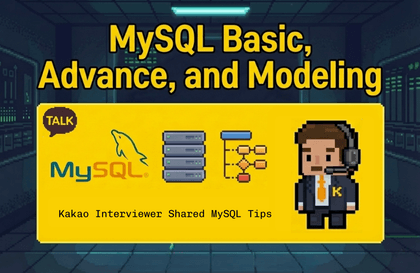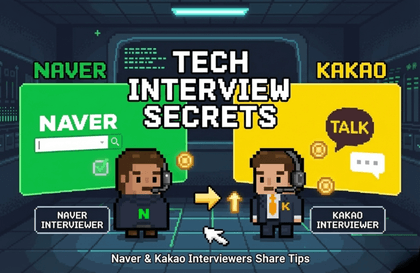Education and Experience
Graduate of Seoul National University
Current Kakao Server Developer
Course Introduction
I am creating the "Fluent CS" series to help you articulate CS concepts during interviews.
Course Philosophy
Having started development as a non-computer science major, I understand the importance of CS...
Course Introduction
I am creating the "CS for Speaking" series to help you articulate CS concepts during interviews.
Course Philosophy
Having started development as a non-computer science major, I...
Course Introduction
I am creating the
CS Speaking series to help you articulate CS concepts during interviews.
Teaching Philosophy
I started my development career as a non-CS major and went through a lot of trial and error while personally organizing everything from CS fundamentals to technical interviews. Based on the learning methods and conceptual organization know-how accumulated through that process, I create content that makes core concepts encountered in practice and interviews easy to understand through illustrations.
"I am creating the lectures that I needed back then."
Blog yiyj1030.tistory.com → Running a tech blog that simplifies CS, algorithms, and practical concepts. Contact yiyj1030@gmail.com
Blog
Contact
yiyj1030@gmail.com


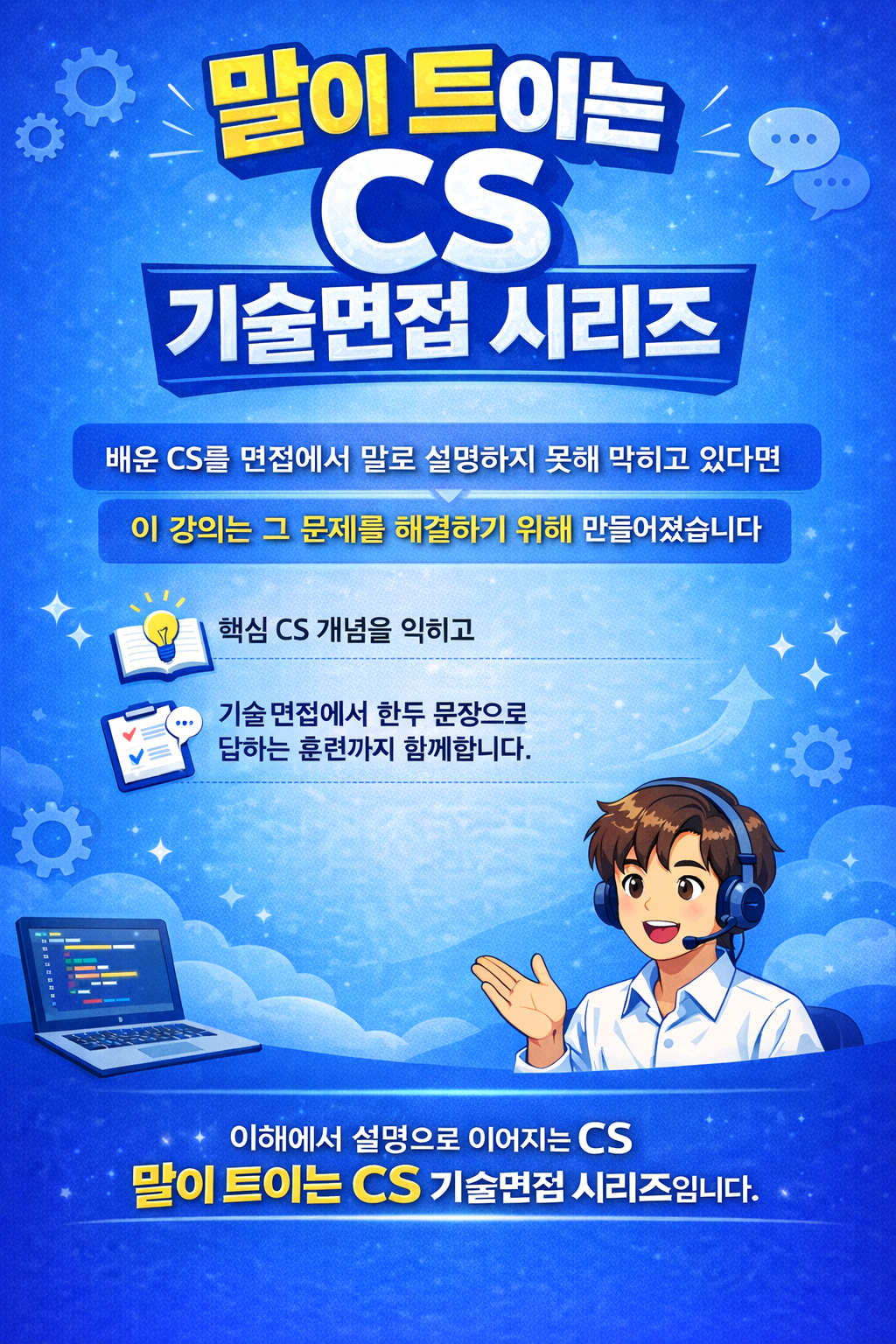
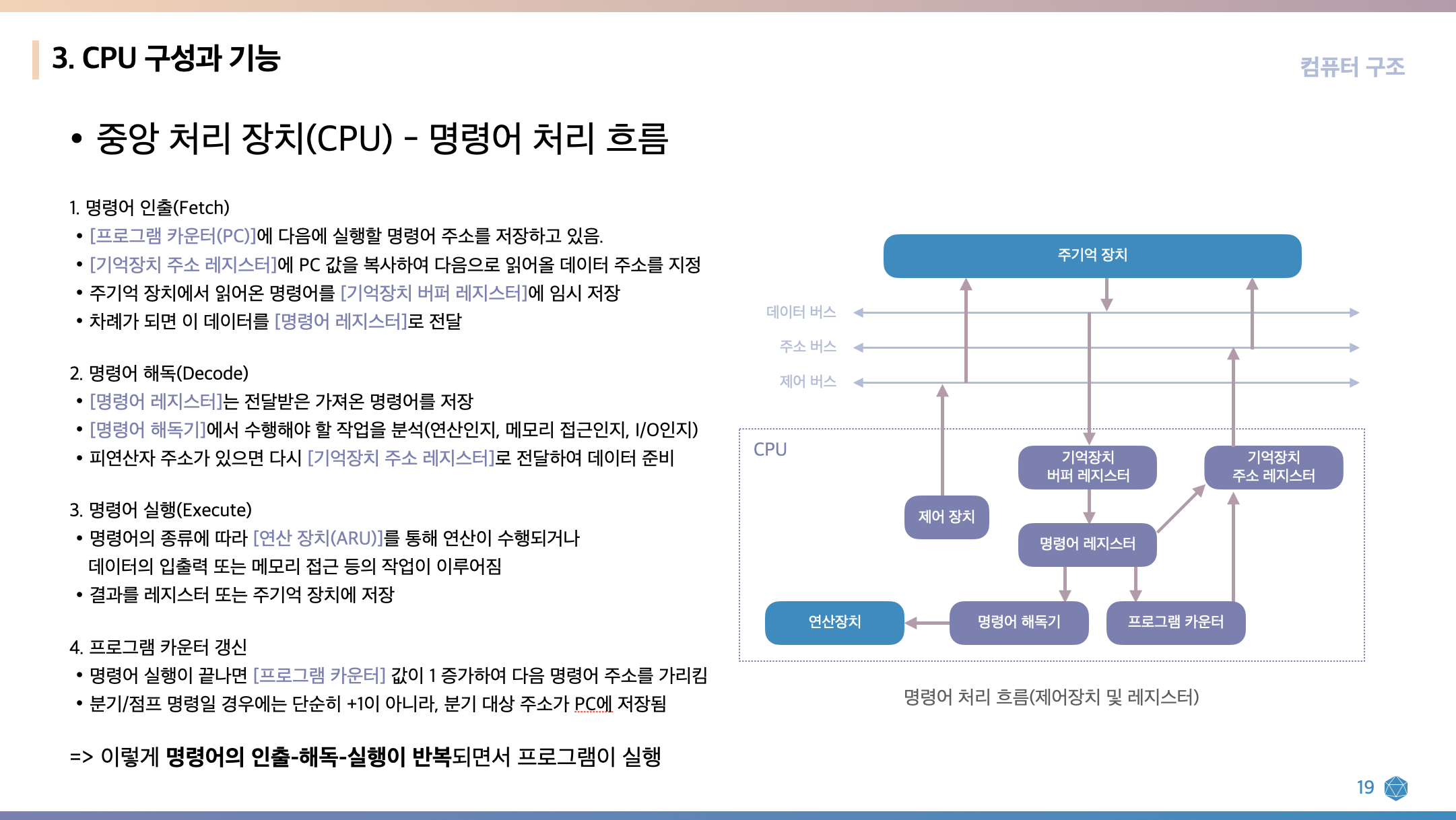
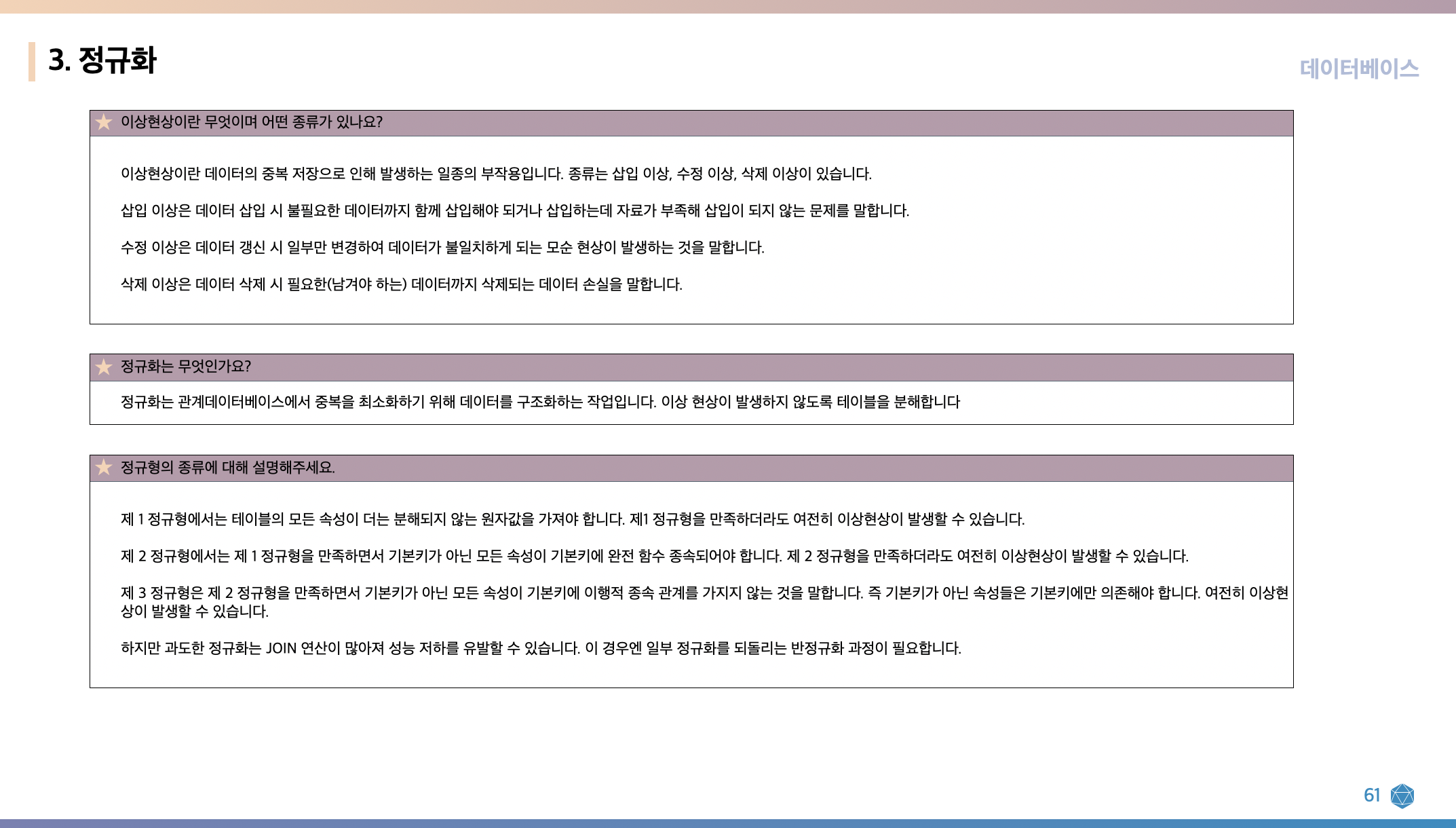
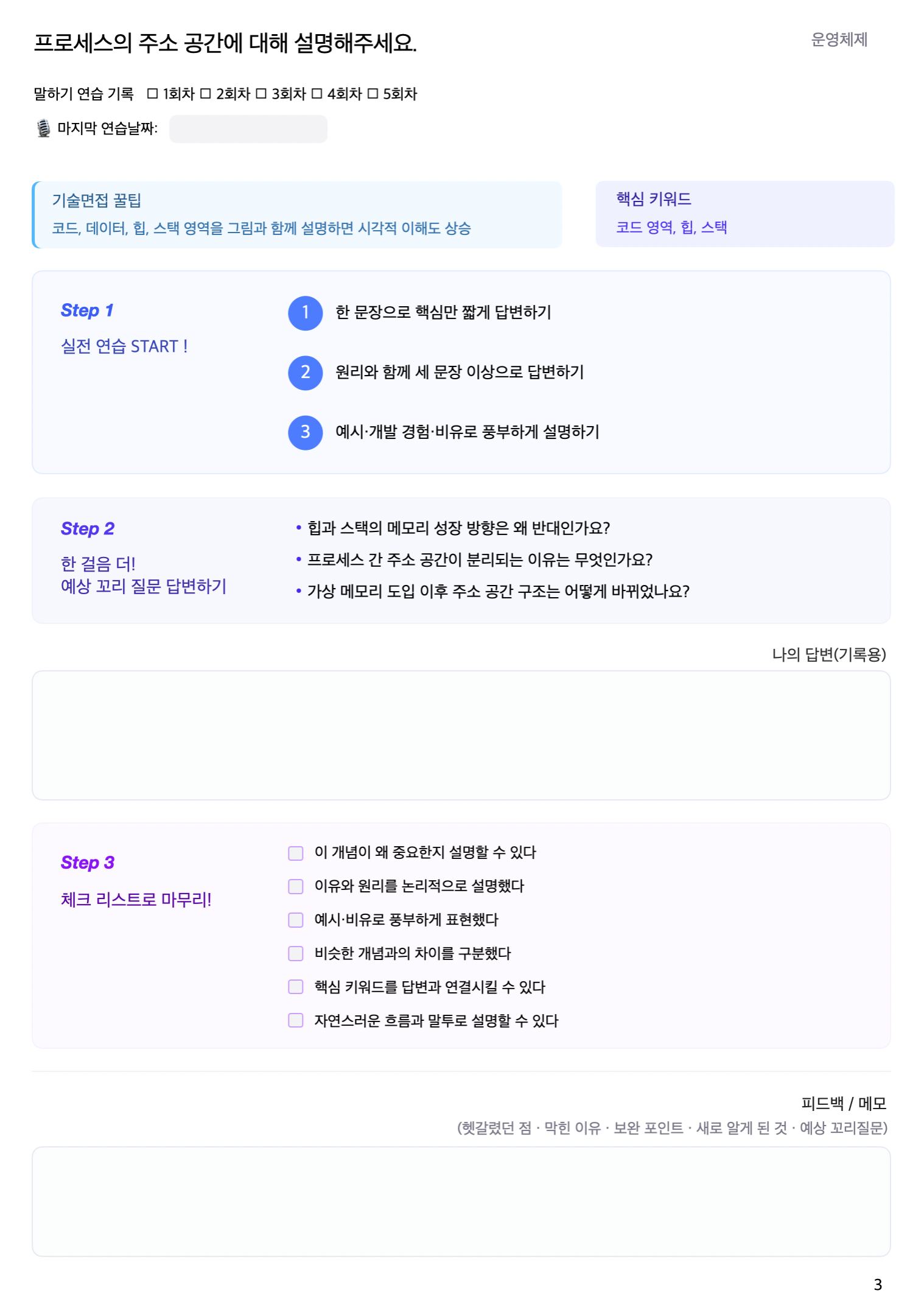



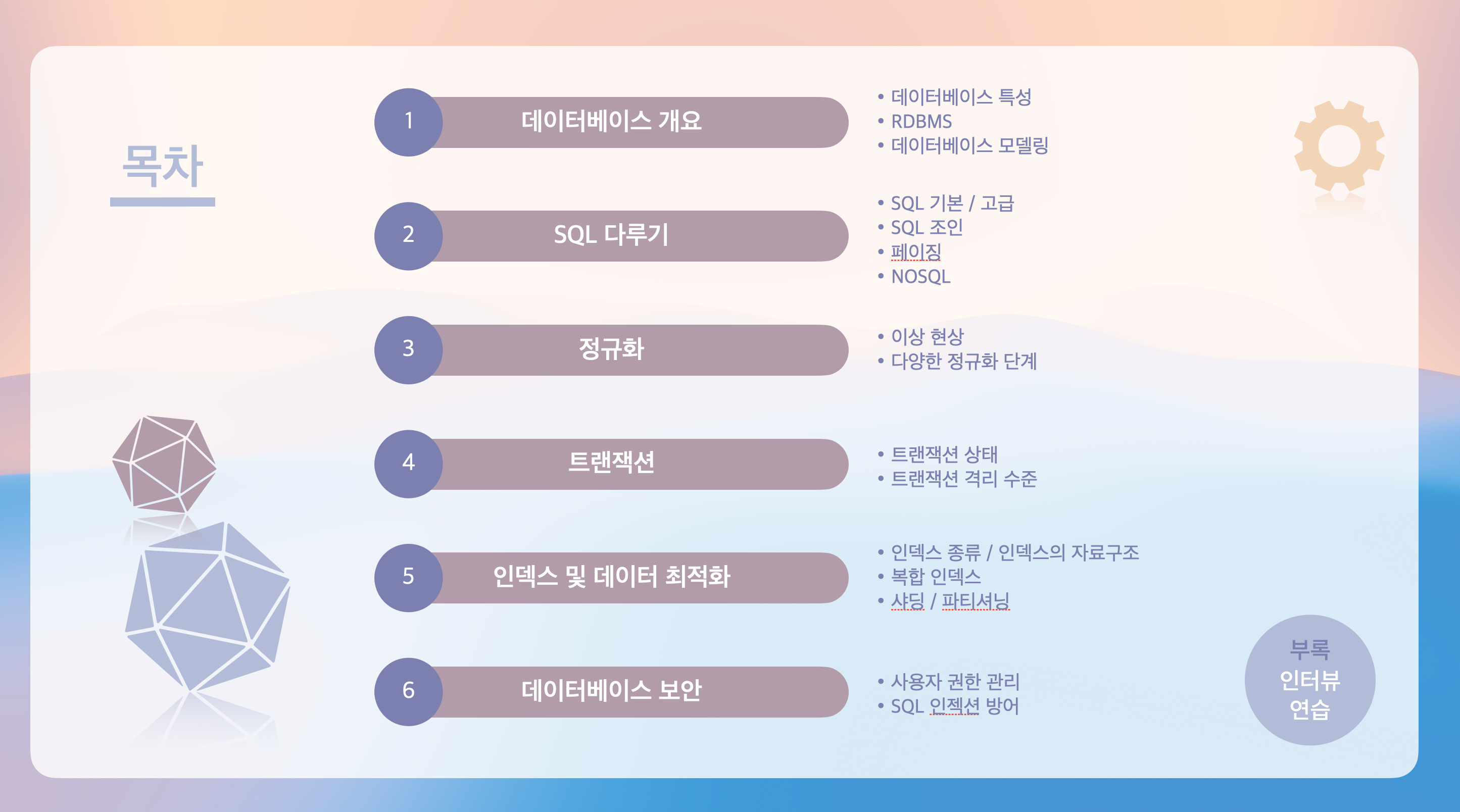
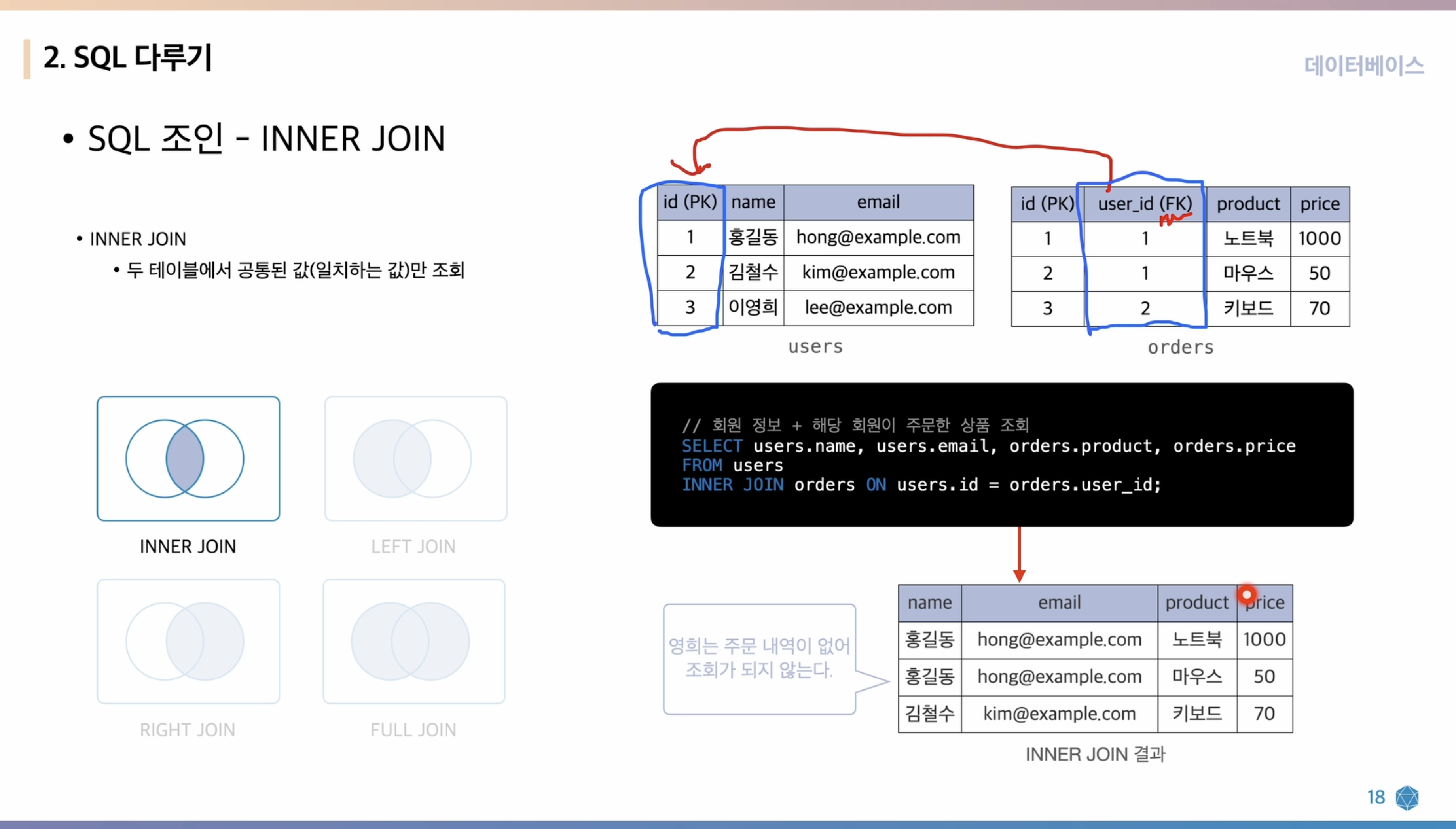
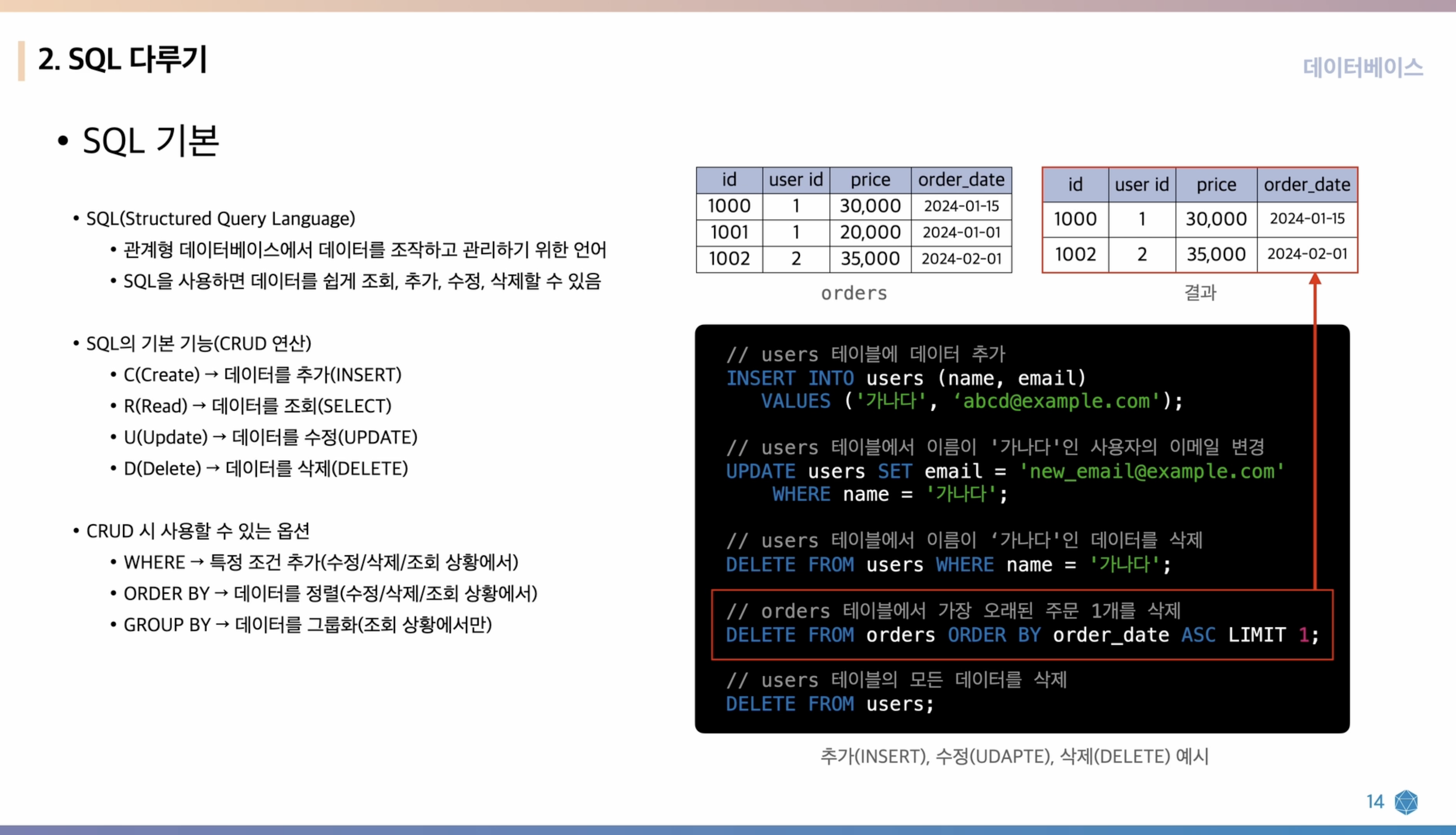
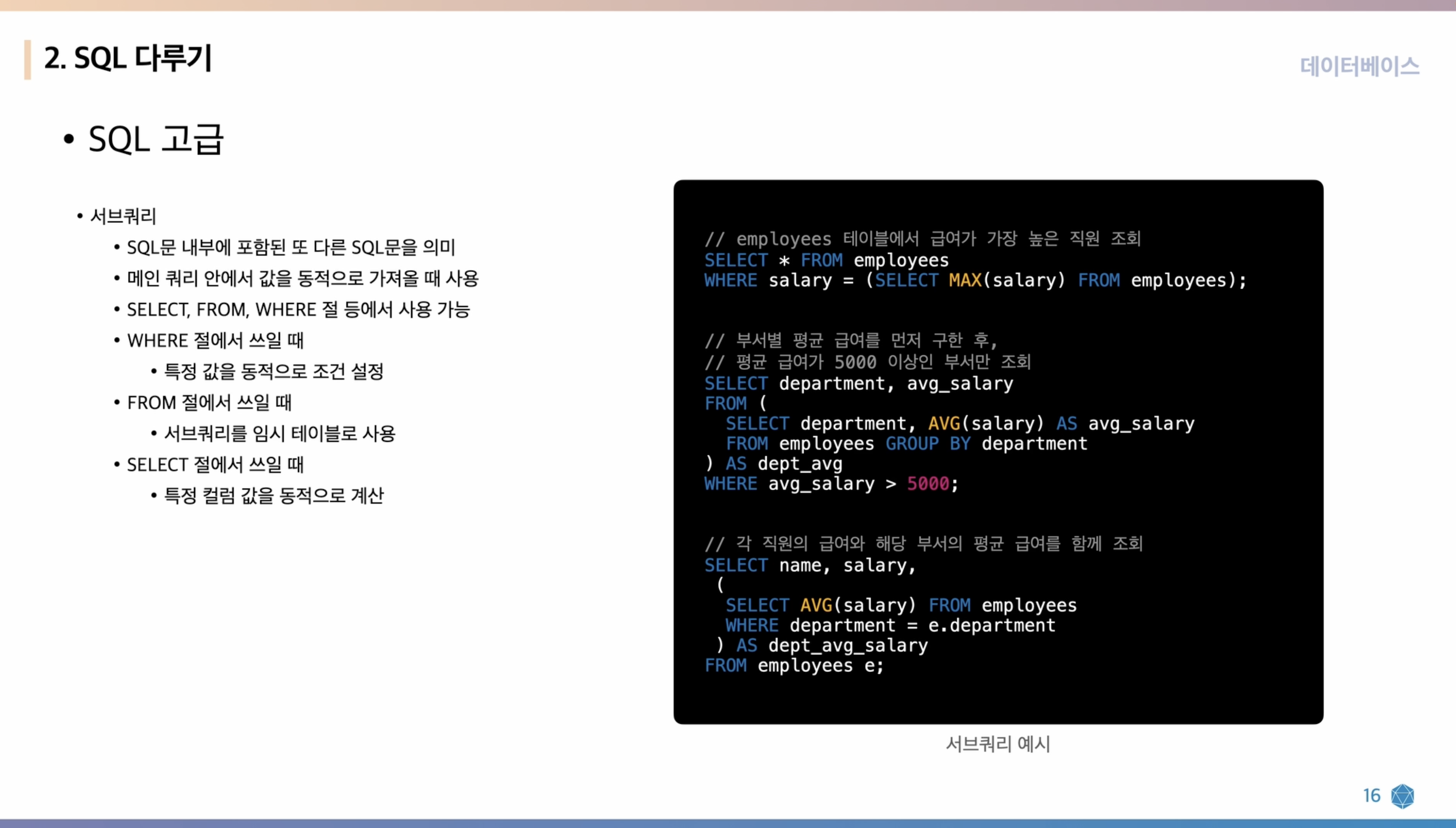
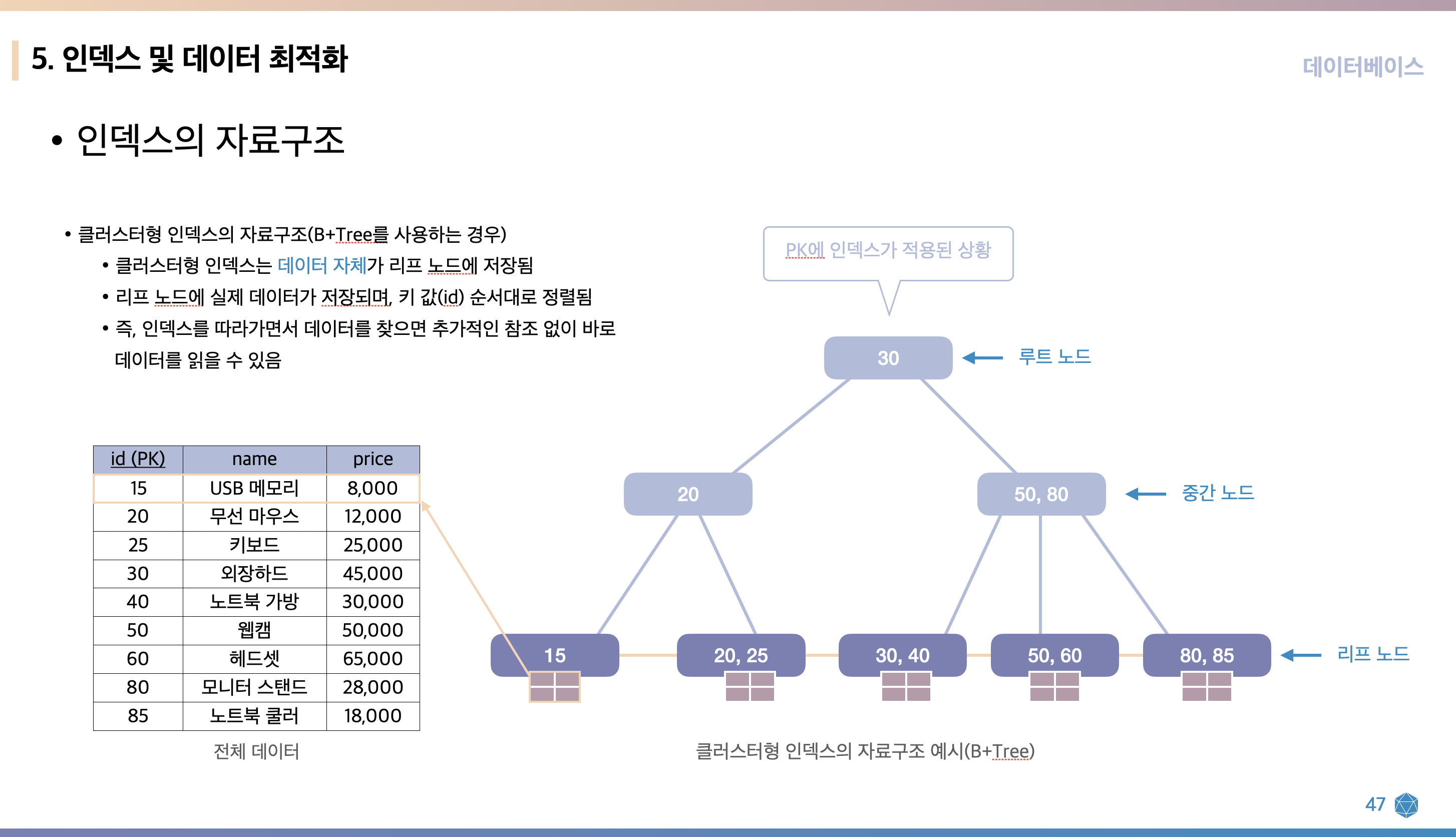
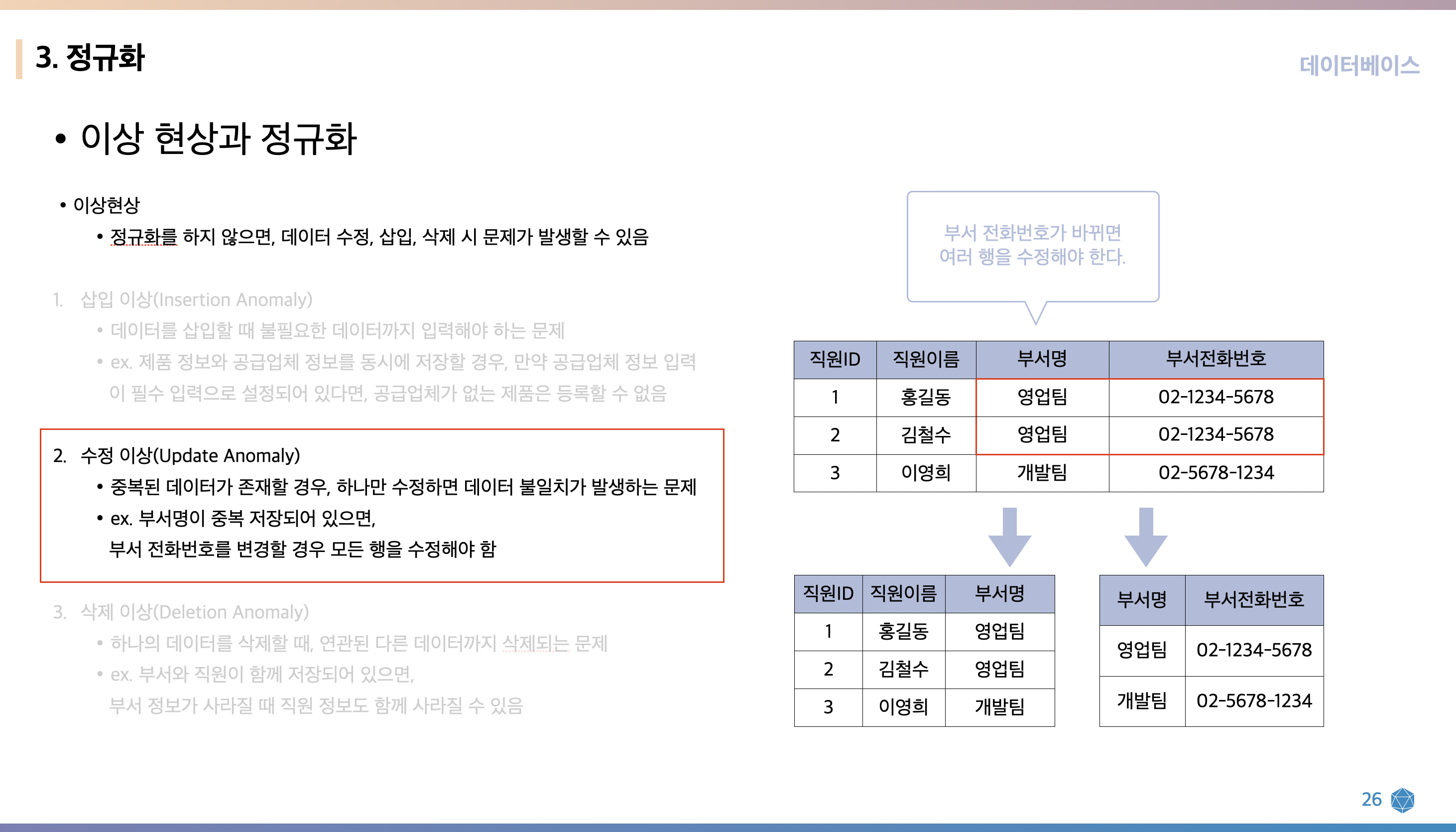
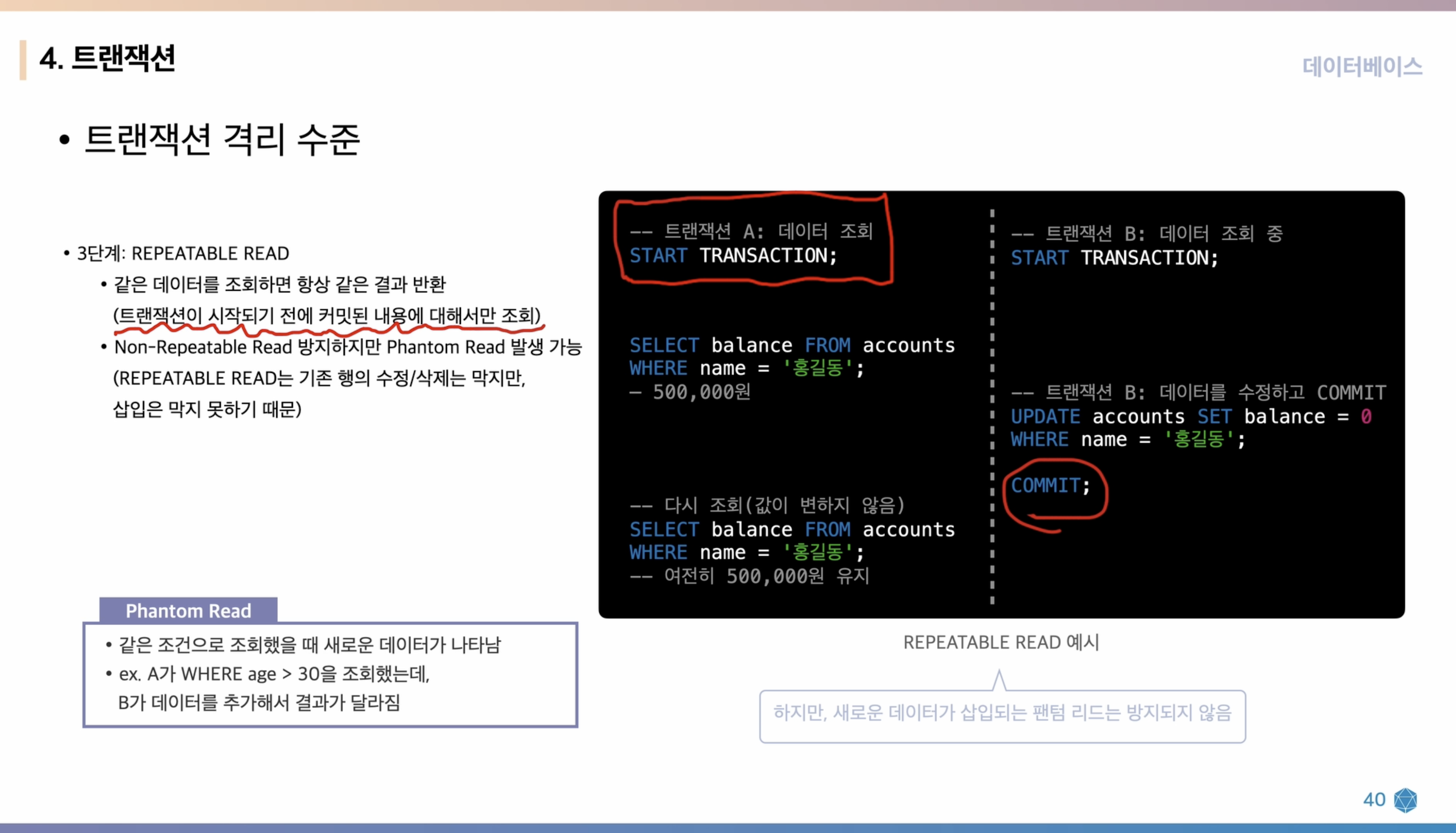
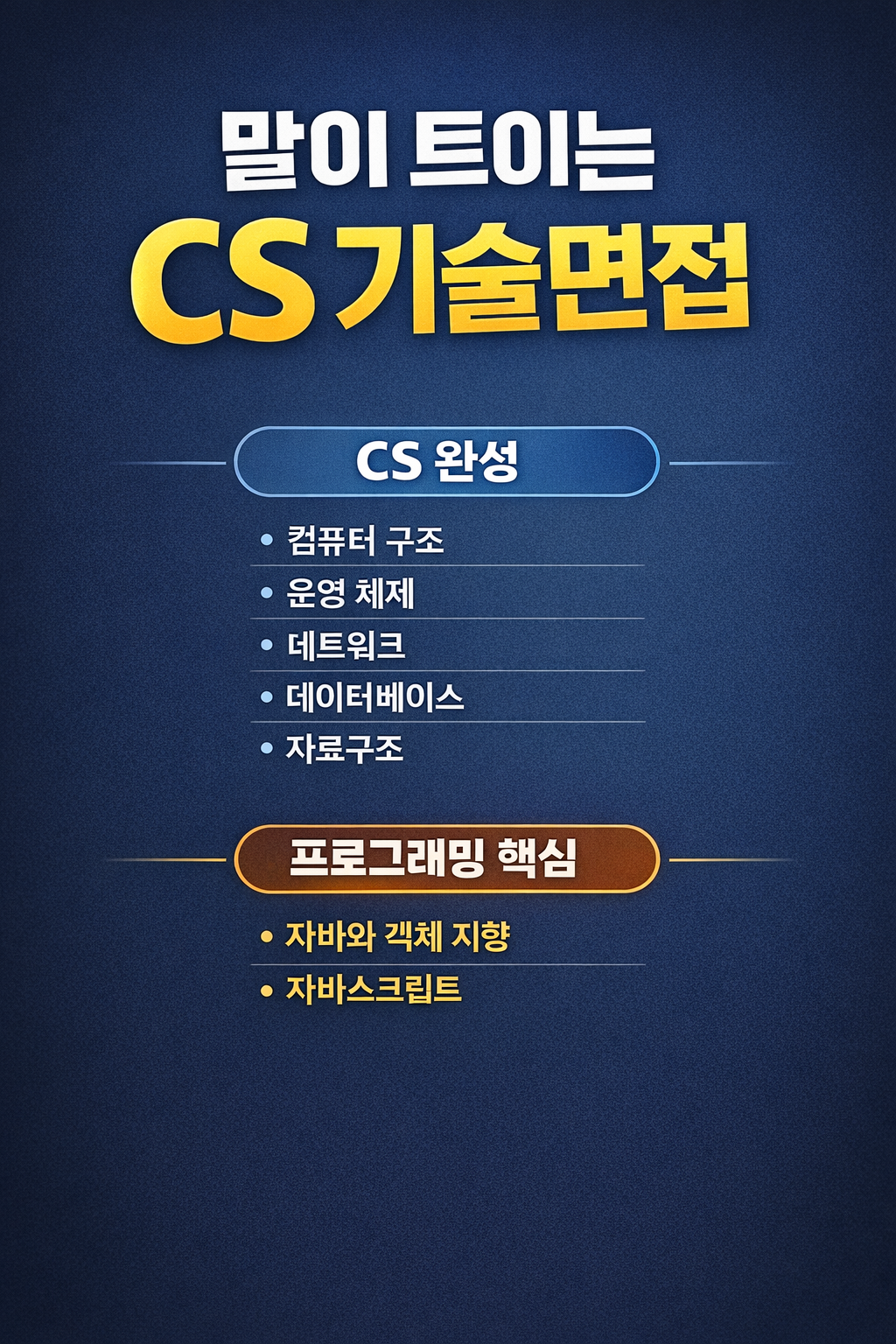
![[7-day completion] Thinking database modelingCourse Thumbnail](https://cdn.inflearn.com/public/courses/332784/cover/6cc9552a-5e06-454f-a8ac-3dd5396b5204/332784.png?w=420)
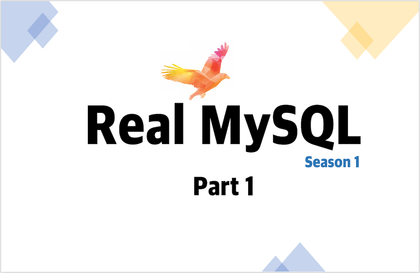
![[2025 Trend Reflection]Backend Developer Employment Total Guide (back-end. mentoring experience-based)Course Thumbnail](https://cdn.inflearn.com/public/courses/329984/cover/4c667dbf-3d9f-4ff5-b00e-b467a2b2397d/329984-eng.png?w=420)
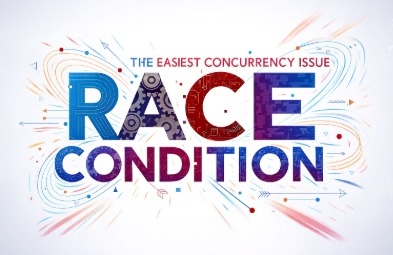
![[A hundred words are not as good as seeing once] Basic SQL for data analysisCourse Thumbnail](https://cdn.inflearn.com/public/courses/324566/cover/aa1fac55-6e80-4506-9c92-f32c2b65f93a/sql_basic.png?w=420)
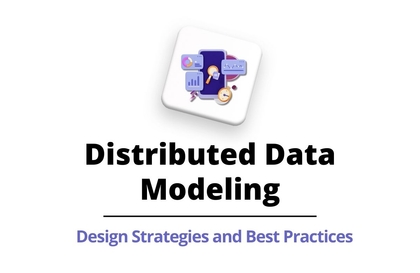
![[ITⓔCoaching] Practical Data Management with OracleCourse Thumbnail](https://cdn.inflearn.com/public/courses/327587/cover/8133dede-51cb-4410-949c-cd95aa80b7d6/327587-eng-original.jpg?w=420)
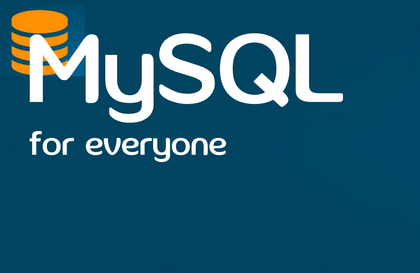
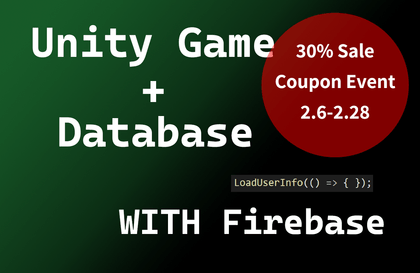

![[MMORPG Game Development Series with C# and Unity] Part 5: DatabaseCourse Thumbnail](https://cdn.inflearn.com/public/courses/325283/course_cover/afb413e6-681e-47cd-808a-099c79fed112/rookiss-rpg-5.jpg?w=420)
